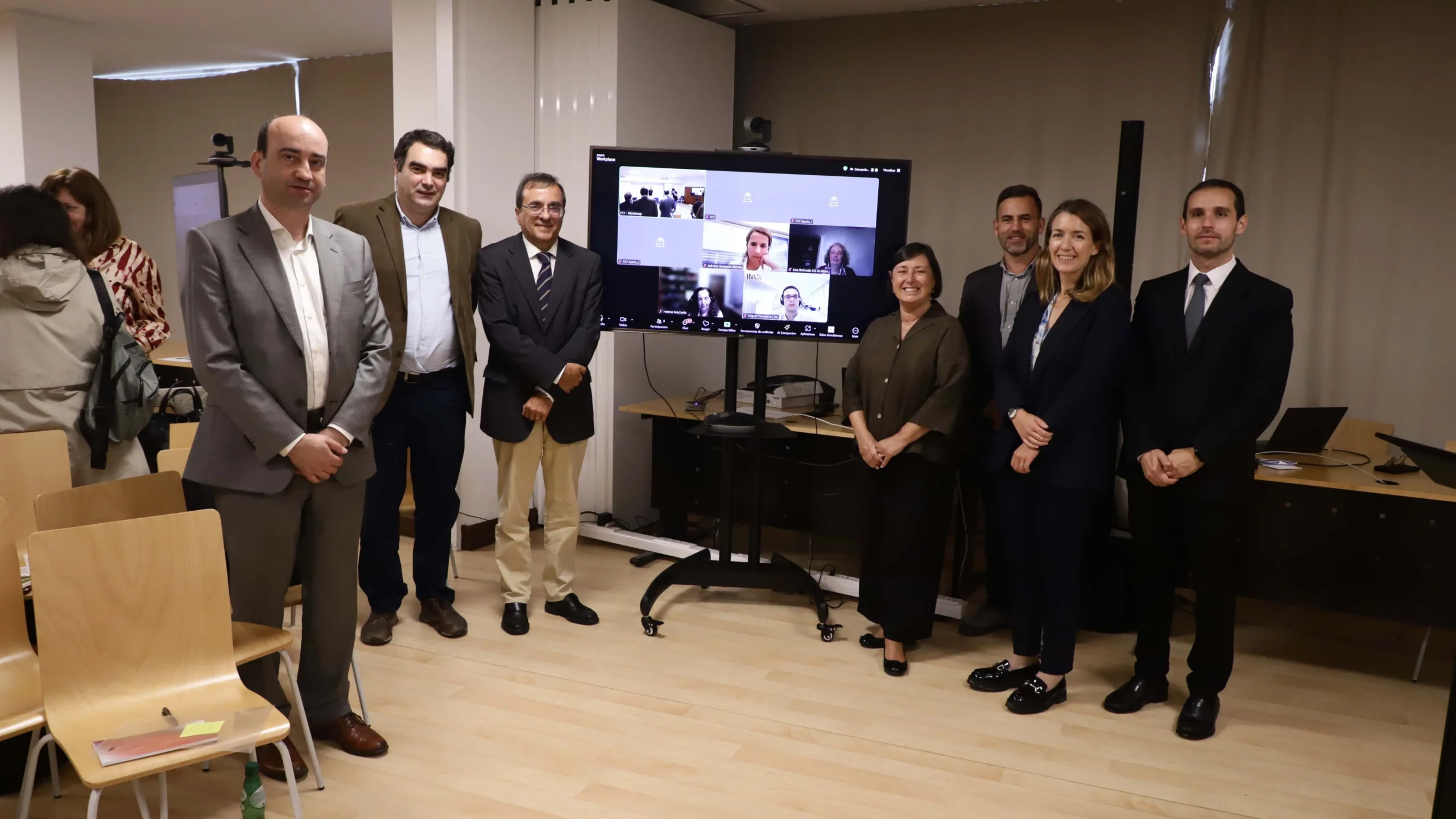Workshop on the future of Portugal from the perspective of science and technological development

The workshop "Portugal in 2050 from the Perspective of Science and the Acceleration of Technological Development", organized by the FCT as part of the Planning and Foresight Services Network of the Public Administration(RePLAN), was held on September 25.
This event aimed to deepen reflection and discussion on the nine megatrends identified in the brochure "Megatrends 2050 - A changing world: impacts on Portugal - A brief introduction", and is part of the collaborative work underway to produce the final report, which is due to be released at the end of 2024.
At the opening, Madalena Alves, President of FCT, highlighted the need to anticipate the future in the face of rapid technological advances. Pedro Saraiva, Director of PlanAPP, referred to the importance of the Megatrends report in defining better public policies up to 2050, while Francisco Furtado (PlanAPP) highlighted foresight as an essential tool for dealing with the uncertainties and opportunities of the future.
The workshop, which attracted a large audience, focused on the debate about how technological acceleration could shape the future. It featured two panels moderated by members of the FCT Board of Directors, the first by António Bob Santos and the second by Paula Diogo. Each panel had the intervention of 10 speakers, researchers, who accepted the challenge to discuss the future of the country, based on RePLAN's initial work on the Megatrends for Portugal 2050(program).
Considering the objectives set for this workshop, the contribution of the debate to the discussion of the following issues stands out: the role of the Social Sciences and Humanities and the integration of social inequalities in the analysis of megatrends; the importance of data for scientific research and innovation and the affirmation of regulation and ethics in the digital sector and AI as central themes, with an emphasis on protecting human rights and mitigating the risks of digital technologies for democracy; the impact of technologies on the future of work and education; the challenges and solutions for sustainability, considering agriculture, food security and biodiversity as a single agenda; the role of space as a crucial sector for tackling social challenges and promoting a sustainable future; and the importance of the bioeconomy and the ocean for the country's technological development.